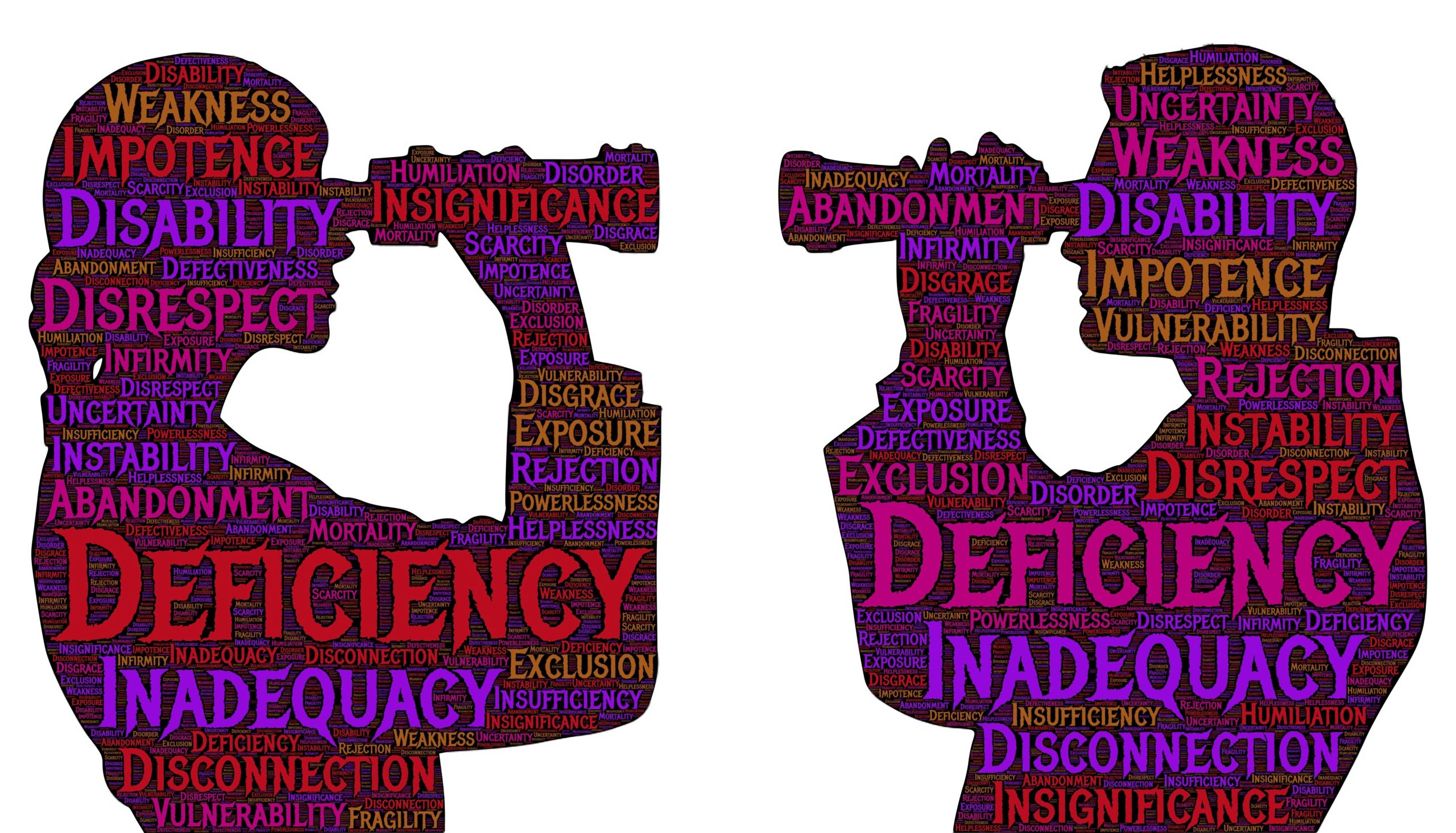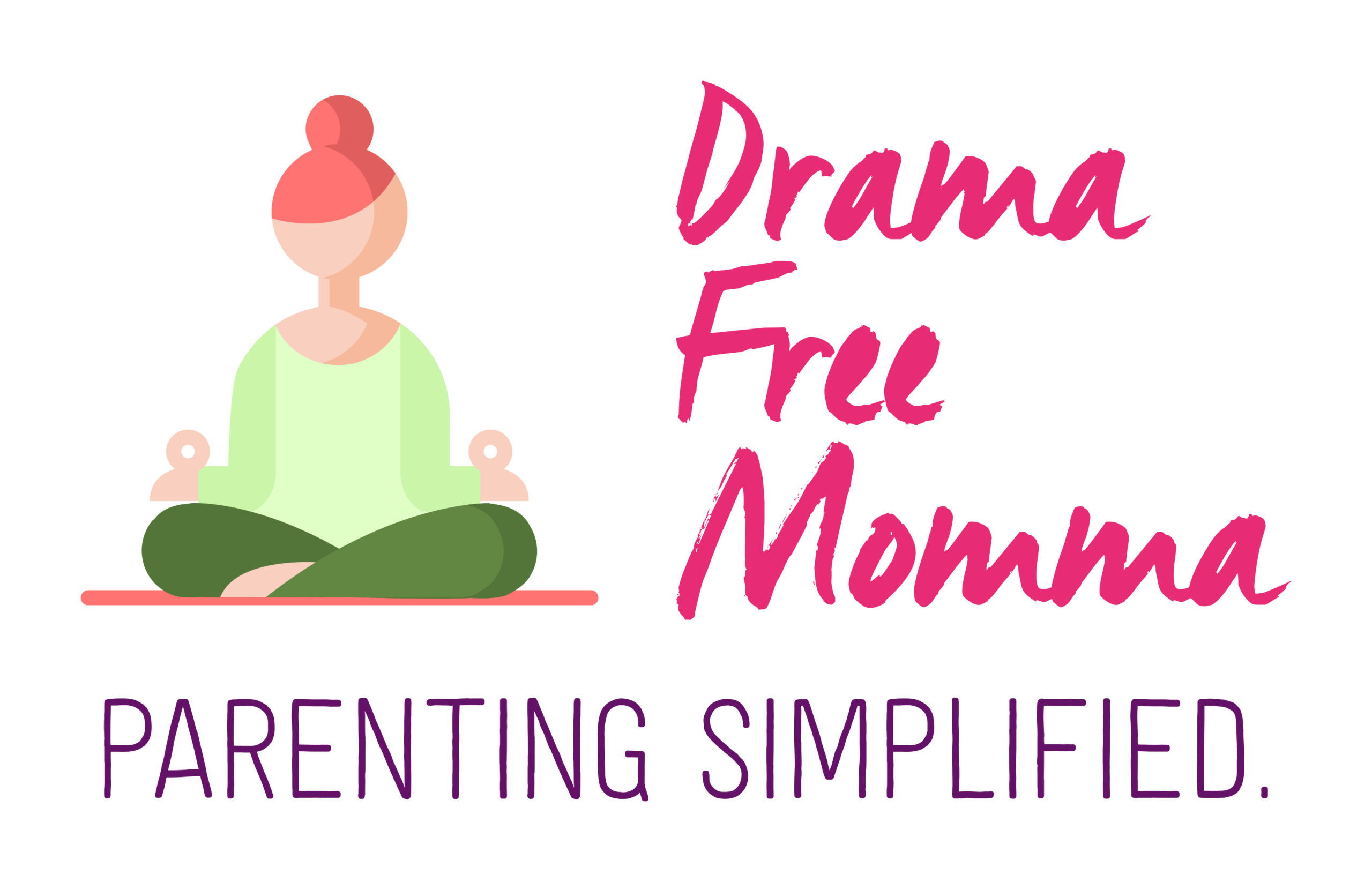
We make decisions every day for the best interest of our children. The list of decisions we make for our children is endless. We choose what they wear, eat, and go to school. We do our best to keep them safe from anyone who may harm them.
I’m not sure about you, but there is nothing worse than being around someone who never stops talking. It’s a constant barrage of opinions and complaints and can cause significant stress in your life. It’s even worse when those toxic people are your kid’s grandparents.
You know the argument, “but they’re still family.”
If allowing anyone into your life causes emotional distress and disrupts your ability to function, then there are rights as a mother to protect one’s mental health and wellbeing- even if they’re family!
“After all, fit parents have every right to decide who gets to be around their children — even when the person in question is a biological relative.”
– Are Grandparent’s Rights A Real Thing? Here’s What You Need to Know, scarymommy.com
Trust your gut. If you’re questioning whether a grandparent or other family member is toxic, they likely are. I’ll help you evaluate the relationship, recognize the signs of a toxic family member, and provide a few options for dealing with the toxic relationship.

What is a toxic grandparent?
Grandparents should be supportive and loving towards their children and grandchildren. However, toxic grandparents are not always the best role models because they lack boundaries, leading to some embarrassing and potentially unsafe situations for your child. They may be too overbearing, selfish, or controlling, or they might lack empathy for other adults and children. They might also have an alcohol or drug problem.
You also must consider how interactions with them leave you feeling. Do you dread seeing them and feel on edge during the time spent with them? If the answer is yes, it’s worth looking into why you might want to limit or cut off a relationship with your child’s grandparents.
Reasons to limit or terminate contact:
- You don’t have a good relationship with the grandparent, and it becomes unhealthy for the child
- The grandparent violates the rules of visitation
- The grandparent spanks or otherwise hurts the child
- The grandparent constantly criticizes your parenting choices
- The grandparent doesn’t support you in what you do and is not involved in your child’s life
- You experience verbal, physical, or emotional abuse
- You dread being around them no matter the occasion
- You experience verbal, physical, or emotional abuse
- You feel controlled
- You don’t feel love, compassion, or respect

Evaluate the Toxic Grandparent Relationship
Many parents struggle with whether to limit or cut off the grandparents. In some cases, it might be understandable, as the relationship between a grandparent and a child can become toxic and detrimental to your child’s wellbeing.
The reasons vary depending on the severity of their behavior, ranging from mildly obnoxious, like unannounced visits, to severe like inappropriate or abusive behavior.
The first step is to evaluate the existing relationship and decide the best course of action for you and your family. An easy way to do this is to make a list of pros and cons; then ask yourself these questions:
1. Are the grandparent’s infractions mild or severe?
If the grandparent can address their behavior and is sincerely willing to change, limiting contact or seeking professional help like a therapist may be worth a shot.
2. What value do they add or detract from your life?
If the relationship is more take than give (on their part), it’s time to consider whether it’s worth continuing. If you’ve already allowed this relative a chance to repair the relationship and your requests have been repeatedly ignored or dismissed, you may be considering terminating contact with them altogether.
3. Imagine if they weren’t a family member; would you allow them into your lives?
If you wouldn’t allow toxic behavior from non-family members, you shouldn’t allow it from your family either. Think about the impact on yourself and your children and determine the best way to move forward. It may involve cutting off contact with a grandparent entirely.

How to Limit or Cut-Off Toxic Grandparents
Once you’ve evaluated the relationship, if you decide to limit or cut off a toxic grandparent, there are a few ways to handle the situation. The options listed below may be followed chronologically or not, depending on the severity of the toxic behavior. Ideally,
“Families should be able to resolve less serious matters without cutting off contact between grandparents and grandchildren. The ideal approach is to discuss boundaries and behavior and talk about issues as soon as they crop up.”
– Conflicts That Can Lead to Grandparent Estrangement, Verywell Family
Option #1: Limiting Contact
Setting boundaries and limiting interactions may be helpful if the grandparent violates healthy boundaries with annoying behavior like undermining parental authority, refusing to follow parents’ rules, or showing up for unexpected visits. Short-term, you can keep your distance and avoid them as much as possible.
For Example:
“Insist that all interactions with this family member be on your own terms. Maybe you only interact on holidays. Maybe you prefer these interactions to be on your own home turf, or on theirs so you can leave whenever you want. Figure out what works best for you.”
– 30 Signs You Have A Toxic Family Member On Your Hands, womenshealthmag.com
Limiting contact is ideal if there’s real potential to resolve issues. A conversation is necessary if you believe the relationship is worthy of or capable of repair. Allowing the offending party another chance may be well worth the effort.
Choose your method: If you feel safe doing so, you can explain to them face to face. Otherwise, a phone call or email is the better choice. Do what makes you feel comfortable.
Prepare a few talking points ahead of time, and keep the conversation concise and as non-emotional as possible. Do this when you can address grievances calmly and rationally.
This discussion is a two-step process. Firstly, verbalize your boundaries. Let them know you will no longer accept specific behaviors. For example, say no to unannounced visits, limit get-togethers to a few hours, or explain that particular conversation topics are off-limits.
Secondly, let them know the consequences of violating these boundaries. For example, if they become argumentative and verbally abusive during any interaction, you will respond by hanging up the phone, walking out the door, or asking them to leave.
If the discussion escalates into an argument (on either side), put a pin in it and resume it at a better time.
The key takeaway is that they need to respect your perspective whether they agree or disagree with it. The alternate option is enforcing consequences for their inability to do so.
Option #2: No Contact
What if you’ve set and enforced boundaries, and the grandparent has continued to disregard the reasonable relationship terms you’ve set? For example, if they violate the unexpected visits boundary? Unfortunately, terminating contact altogether may be your next step.
Or perhaps because of the trauma you sustained in childhood from abusive parents, you’ve skipped the ‘limited contact’ step (rightfully so).
“If you have concerns about protecting your children from the same physical or psychological harm that your parents inflicted upon you as a child (or as an adult), you are not legally obligated to allow your children to spend time with their grandparents.”
– Can I Stop My Children’s Grandparents from Seeing Them?, Nashvillefamilylaw.com
The ‘No Contact’ method is especially effective when grandparents exhibit severely toxic behavior like abuse – of any kind. For example, if they are verbally abusive or make inappropriate comments about your child’s weight or sexual orientation, it would be best for the child not to contact them –for the time being at best or permanently at worst.
“Abuse is a serious issue, and if that’s what you’re dealing with, there’s no shame in walking away. Remember: It’s not your responsibility to ‘save’ this kind of person or keep them in your life, and you did nothing to ‘deserve’ the way they treated you.”
– 30 Signs You Have A Toxic Family Member On Your Hands, womenshealthmag.com
The ‘No Contact’ method can include terminating all forms of contact, including physical visits, blocking their phone calls, blocking them on social media, or changing your contact information (in more severe cases).

Choose to Be a Drama Free Momma.
Motherhood is challenging enough without the added drama from toxic grandparents. It’s not worth the degradation of your mental health & wellbeing to allow toxic grandparents visitation rights with your most precious gifts – your children.
Allow yourself to be that amazing mother you try to be (and are) every single day, especially if your mother wasn’t that for you. I know first hand how frustrating navigating a toxic grandparent relationship can be. Making the decision to limit or terminate contact with a family member is challenging at best and heartbreaking at worst.
What I can tell you, is this advice saved my sanity and reduced the drama in my family’s life — significantly. Cutting off contact with my toxic family member was one of the best decisions I’ve ever made, and myself and my kids are healthier and happier without all the negativity and distress. I honestly wonder why I didn’t do this sooner.
What your children need more than anything is a happy and drama-free momma. Put your oxygen mask on first, momma, so you have the strength to care for others. Simply put, you can’t be at your best when you can’t breathe.
There are plenty of ways to show the people in your life the respect and love you want them to have for you and your children. Toxic grandparents can be a difficult situation, but it’s not impossible to limit or cut off their contact with your children. I hope you now have the tools to make the best decision for your own family. Whatever it may be — you’ve made the right choice. I see you.

My grandmother has always been stressing me about my personal spiritual life, and pressing me that she thinks I need to attend church even though I don’t agree with what they are saying, all because of “fellowship” and “family”. I honestly struggle telling her that choosing not to go to church is “my personal choice, not hers.” And, she always has criticized me for my fashion choices, including what I chose to do with my hair, and even makeup. At one point, I thought maybe this is a generational issue, but I am wondering if stuff like this is actually toxic—she even shamed me for seeing a therapist for my anxiety disorder, and even having depression. I honestly don’t know how to deal with this issue.
Hi Crystal, I’m sorry to hear you’re struggling with this. I wrote this from personal experience with the goal of creating a useful resource for others in similar situations. I hope this article gave you some ideas for addressing such a challenging issue. I’m a huge proponent of therapy, especially CBT, and I applaud you for taking charge of your mental health and wellbeing. Believe in yourself, you’ll get there! Thanks for sharing your thoughts with me, I truly appreciate it. 🙂
Thanks. The article is very helpful, even though I am not yet a mom, I found it to be very insightful on the ins and outs of dealing with potentially toxic grandparents. I know that sometimes they still see their grandchild, even when they are an adult grandchild, as that cute little kid who is just a “perfect little prince or princess,” and that’s what my grandma typically is expecting whenever she sees me. I am by no means that “perfect little princess”—I am a queen in my own right, and I am well aware that I am going to mess up at times. We all do—it’s part of being human. I know that she’s not always supportive of every decision I make, even if it’s personal, and has to do with what she thinks versus what I believe to be religion. I know my parents are supportive of my personal decisions, just as long as I am not doing drugs, consuming alcohol over the legal limit, or even breaking any laws. If I only knew them as total strangers, I really wouldn’t talk to them much. It can be hard when it’s family to stand up for oneself. My grandma never even liked it when I defend myself and my personal decisions, even if it was a boyfriend that I chose to have, and she disapproved. I know that making her always happy and being her supposed “perfect little princess” even though I am a adult has drained me completely of any and all energy I could’ve had. I have honestly felt as if she was a chore I could hardly ever even keep up with. My mom defends her, all because she’s “family”. I honestly don’t know how to convince my mom that she’s controlling. At least my dad knows that she is a bit controlling, but sometimes he even lets his guard down, and supports her controlling behavior. I am also autistic, unable to hold down a job, and I need a bit of help with things, such as checking my bank account. Thanks